When venturing into importing goods from China, many novice entrepreneurs often grapple with the decision of choosing the right Incoterms option. FOB or CIF? Determining which is better for importing requires a clear understanding of the differences between Incoterms FOB and CIF. In this article, we will delve into the concept of FOB and its implications when importing from China.

What is FOB?
FOB, or Free On Board, is an Incoterm that delineates the fair distribution of obligations related to costs, risks, and insurance between the buyer and the seller during the process of importing from China. The FOB process can be broken down into crucial stages:
- Manufacturing and preparing goods for shipping.
- Transportation from the factory to the port.
- Loading the goods onto the vessel at the ship’s rail.
All these stages are the seller’s responsibility when goods are sold on FOB terms. This means that the Chinese company is obligated to execute and cover the costs of these actions while bearing associated risks. It’s important to note that some Chinese companies may attempt to extract additional funds from the buyer for transportation costs from the factory to the port or alleged customs duties. However, the buyer is not obligated to pay these charges.
Responsibilities of the buyer commence from the FOB location and include:
- Sea freight from the Chinese port of loading to the port of destination, along with insurance of goods.
- Unloading and warehousing of goods (THC, warehousing costs, etc.).
- The customs import procedure (customs duty, VAT, submitting import documentation).
- Transportation of goods from the port to the final destination (e.g., warehouse or company’s office).
This clear division of responsibilities between the buyer and the seller allows for better cost estimation and understanding of the stages for which the buyer is responsible. When planning to import from China under FOB terms, careful calculation of transportation costs is crucial, as the price provided by the Chinese manufacturer typically covers only the product itself.
Sea container shipping transit time from China to Jebel Ali, UAE
| POL (port of loading) | POD (port of discharge) | Transit time |
| Shanghai | Jebel Ali | 20 days |
| Shenzhen | Jebel Ali | 15 days |
| Qingdao | Jebel Ali | 24 days |
Why Choose FOB Over CIF? Contrasting FOB with Incoterms CIF (Cost, Insurance, and Freight), which shifts the obligation to cover sea freight costs to the seller, importing under FOB provides greater control over the entire process and the product’s price. Hidden costs associated with CIF shipping are shifted to the buyer at the port of discharge, making FOB a preferred choice for importers who seek transparency and control over their importing endeavors.
Conclusion: FOB, standing for “Free On Board,” is a vital international trade term in the realm of shipping and freight contracts. Importing from China using FOB terms signifies a clear demarcation of responsibilities and costs between the seller and the buyer. Understanding these implications is crucial for successful and cost-effective importing, allowing entrepreneurs to navigate the complexities of international trade with confidence.




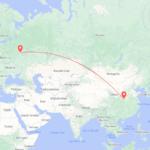


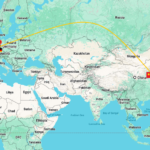
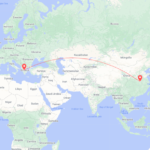
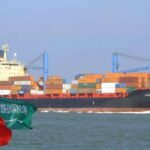
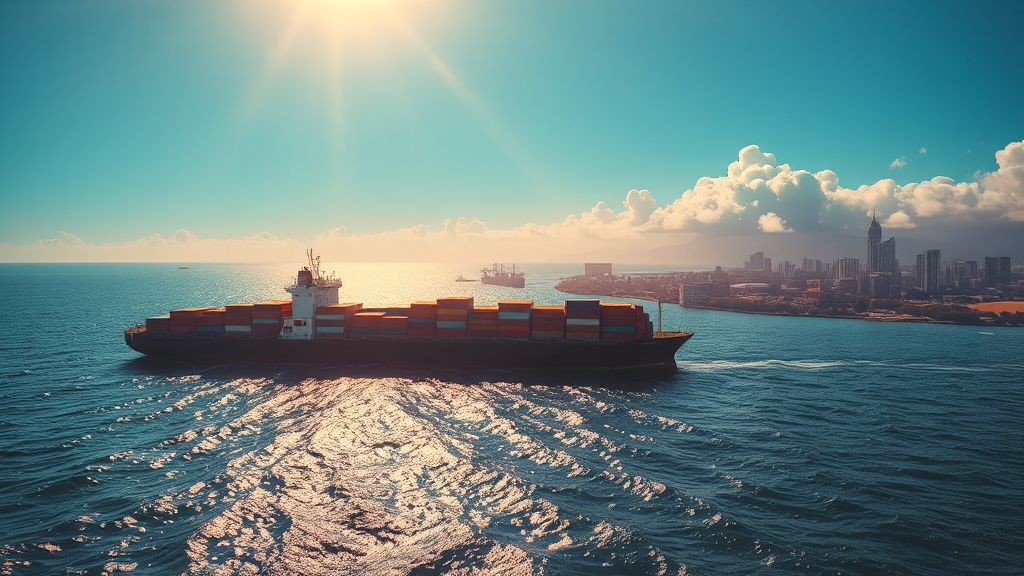
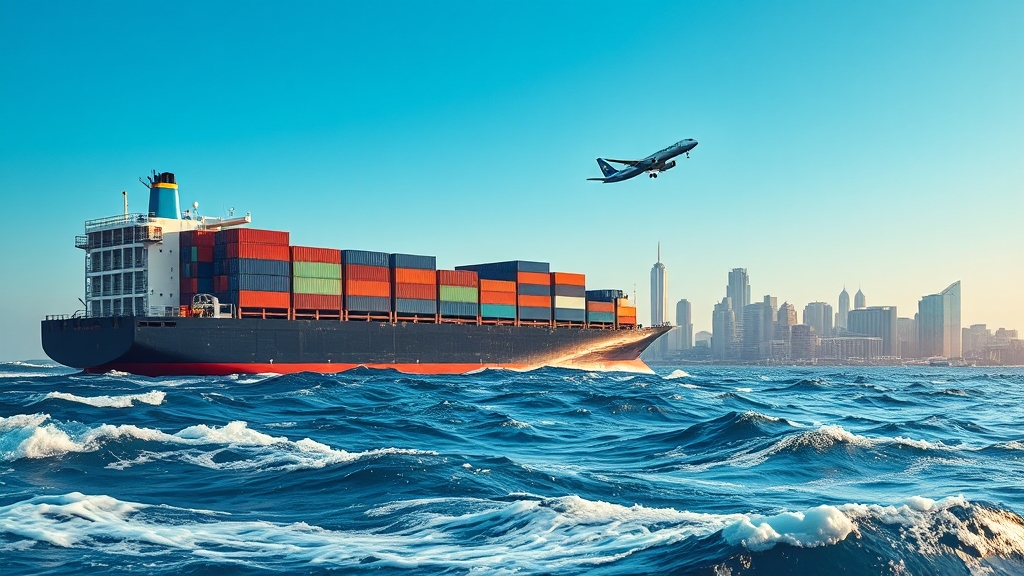
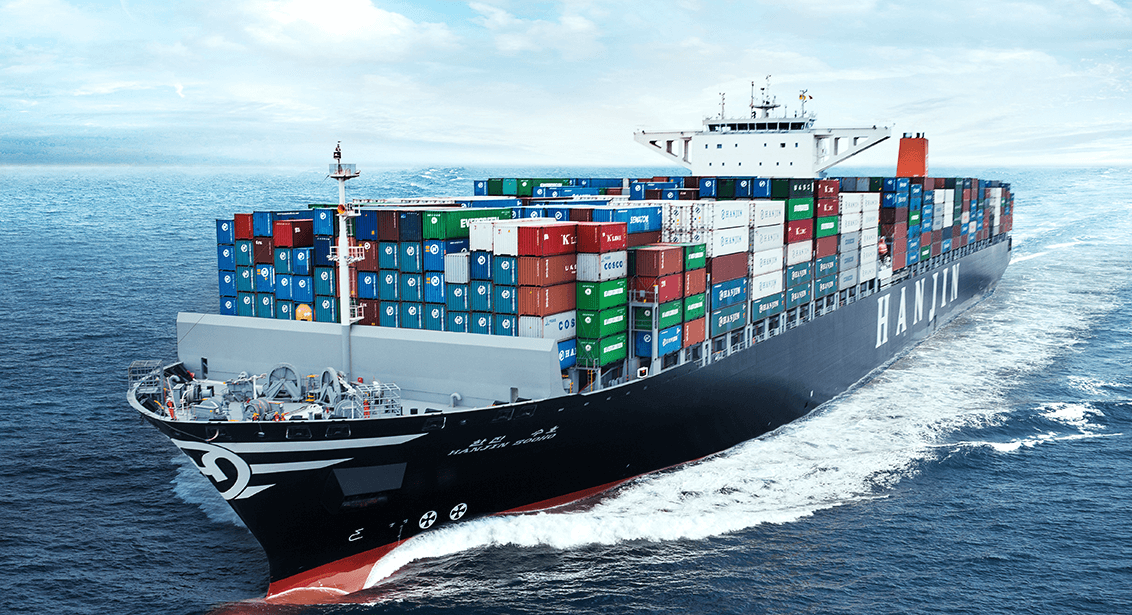
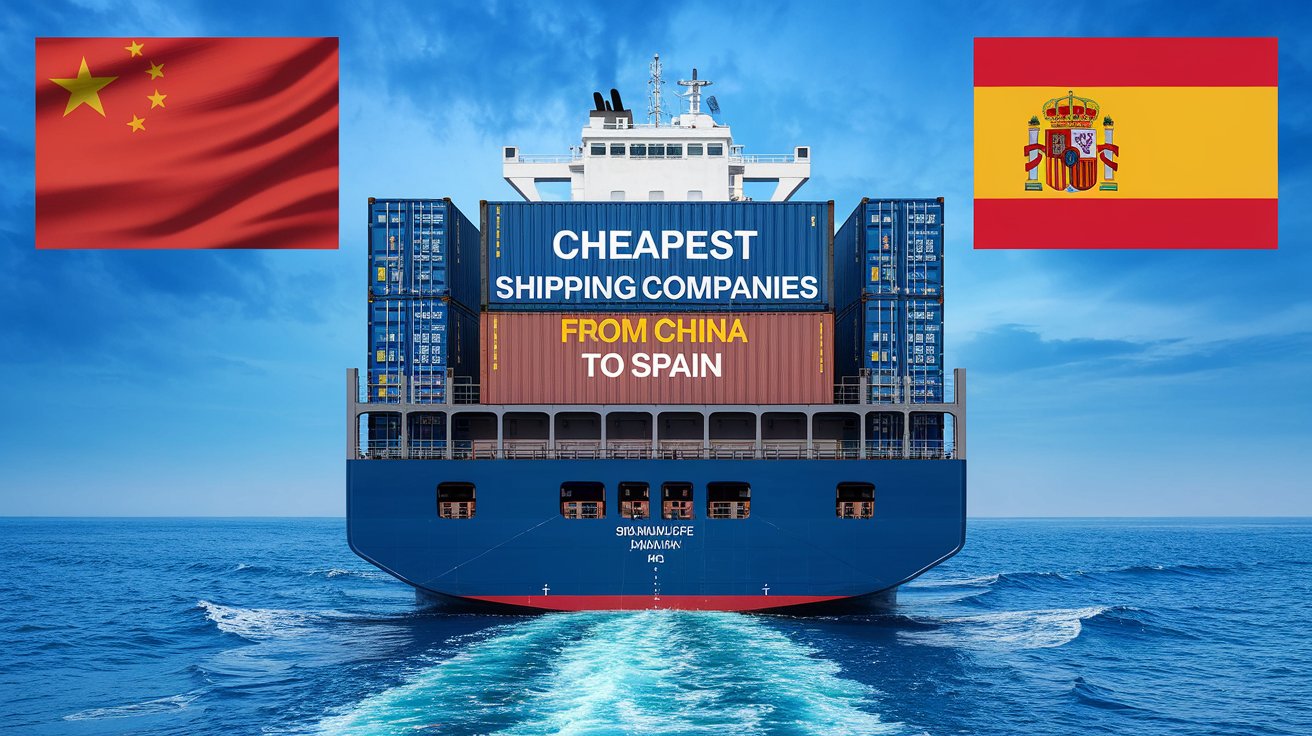
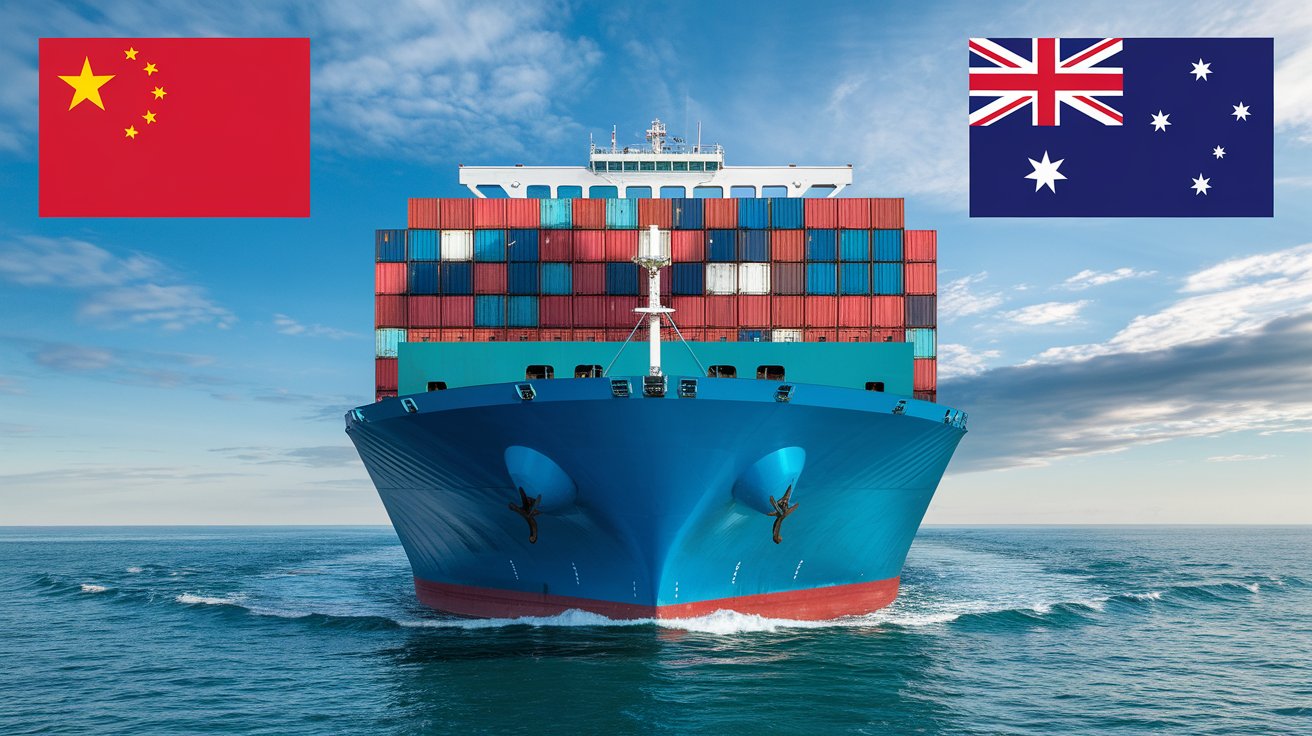





 Afrikaans
Afrikaans Shqip
Shqip አማርኛ
አማርኛ العربية
العربية Հայերեն
Հայերեն Azərbaycan dili
Azərbaycan dili Euskara
Euskara Беларуская мова
Беларуская мова বাংলা
বাংলা Bosanski
Bosanski Български
Български Català
Català Cebuano
Cebuano Chichewa
Chichewa 简体中文
简体中文 繁體中文
繁體中文 Corsu
Corsu Hrvatski
Hrvatski Čeština
Čeština Dansk
Dansk Nederlands
Nederlands English
English Esperanto
Esperanto Eesti
Eesti Filipino
Filipino Suomi
Suomi Français
Français Galego
Galego ქართული
ქართული Deutsch
Deutsch Ελληνικά
Ελληνικά Kreyol ayisyen
Kreyol ayisyen Harshen Hausa
Harshen Hausa Ōlelo Hawaiʻi
Ōlelo Hawaiʻi עִבְרִית
עִבְרִית हिन्दी
हिन्दी Hmong
Hmong Magyar
Magyar Íslenska
Íslenska Igbo
Igbo Bahasa Indonesia
Bahasa Indonesia Gaeilge
Gaeilge Italiano
Italiano 日本語
日本語 Basa Jawa
Basa Jawa ಕನ್ನಡ
ಕನ್ನಡ Қазақ тілі
Қазақ тілі ភាសាខ្មែរ
ភាសាខ្មែរ 한국어
한국어 كوردی
كوردی Кыргызча
Кыргызча ພາສາລາວ
ພາສາລາວ Latin
Latin Latviešu valoda
Latviešu valoda Lietuvių kalba
Lietuvių kalba Lëtzebuergesch
Lëtzebuergesch Македонски јазик
Македонски јазик Malagasy
Malagasy Bahasa Melayu
Bahasa Melayu മലയാളം
മലയാളം Maltese
Maltese Te Reo Māori
Te Reo Māori मराठी
मराठी Монгол
Монгол ဗမာစာ
ဗမာစာ नेपाली
नेपाली Norsk bokmål
Norsk bokmål پښتو
پښتو فارسی
فارسی Polski
Polski Português
Português ਪੰਜਾਬੀ
ਪੰਜਾਬੀ Română
Română Русский
Русский Samoan
Samoan Gàidhlig
Gàidhlig Српски језик
Српски језик Sesotho
Sesotho Shona
Shona سنڌي
سنڌي සිංහල
සිංහල Slovenčina
Slovenčina Slovenščina
Slovenščina Afsoomaali
Afsoomaali Español
Español Basa Sunda
Basa Sunda Kiswahili
Kiswahili Svenska
Svenska Тоҷикӣ
Тоҷикӣ தமிழ்
தமிழ் తెలుగు
తెలుగు ไทย
ไทย Türkçe
Türkçe Українська
Українська اردو
اردو O‘zbekcha
O‘zbekcha Tiếng Việt
Tiếng Việt Cymraeg
Cymraeg יידיש
יידיש Yorùbá
Yorùbá Zulu
Zulu